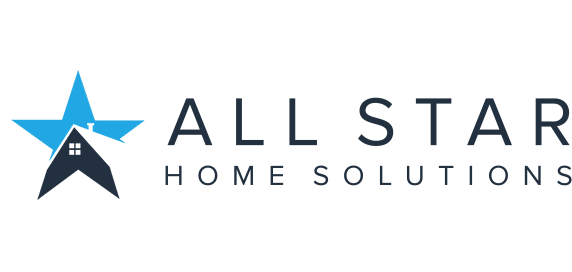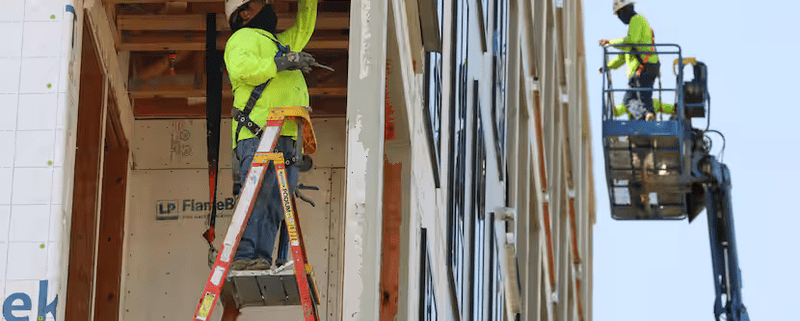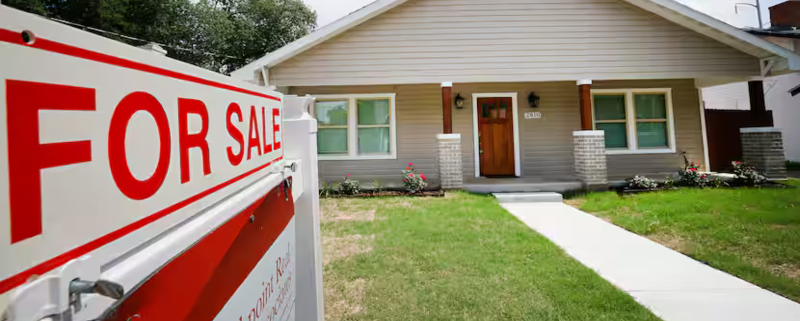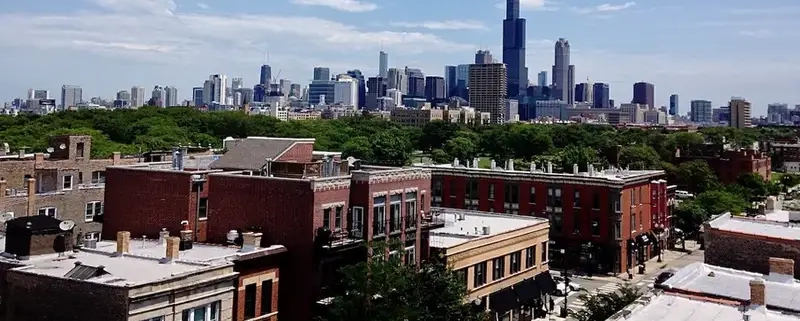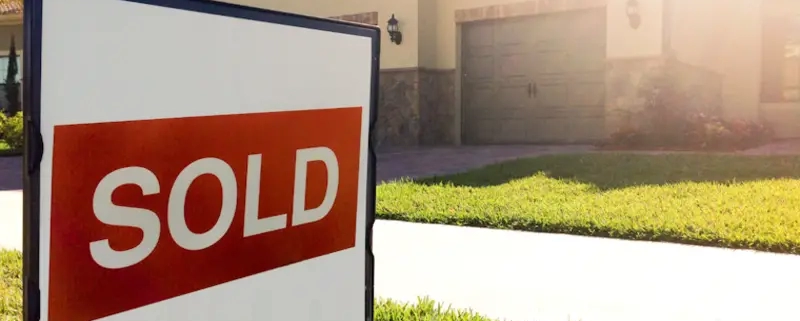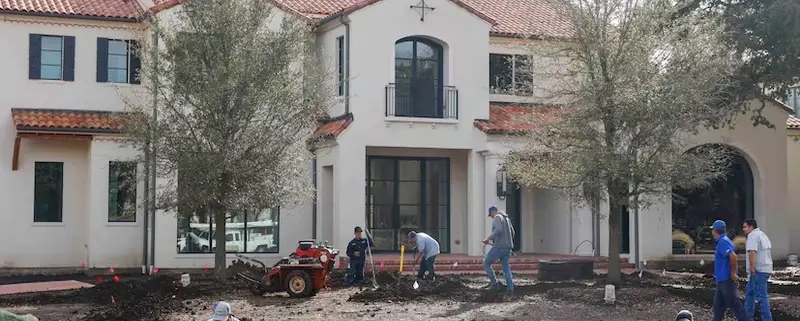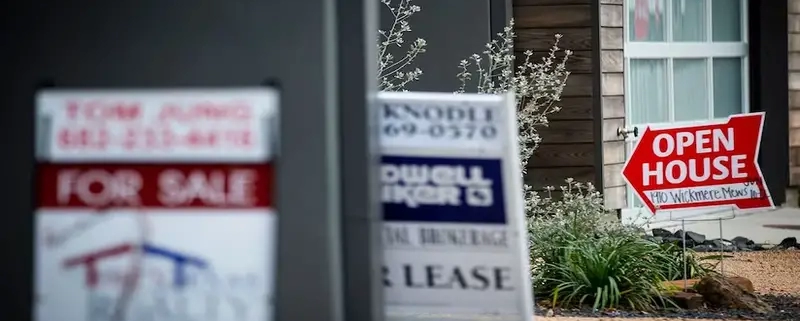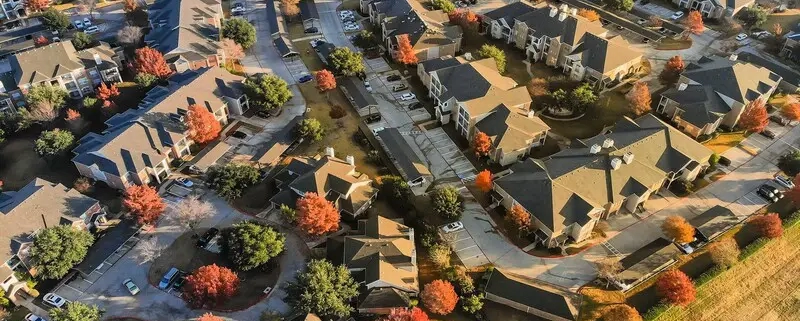DISCLAIMER: We are not financial advisors. The content on this website is for educational purposes only and merely cites our own personal opinions. In order to make the best financial decision that suits your own needs, you must conduct your own research and seek the advice of a licensed financial advisor if necessary. Know that all investments involve some form of risk and there is no guarantee that you will be successful in making, saving, or investing money; nor is there any guarantee that you won’t experience any loss when investing. Always remember to make smart decisions and do your own research!
The Dallas-Fort Worth (DFW) metropolitan area is one of the most vibrant and rapidly growing regions in the United States. Known for its dynamic economy, diverse population, and rich cultural heritage, the DFW area is also home to a robust housing market. One unique factor influencing this market is the prevalence of major sports events. From football games to basketball championships, the impact of sports on the local economy and housing trends is significant and multifaceted.
The DFW Housing Market Landscape
The DFW housing market is characterized by its diversity and dynamism. It includes a wide range of properties, from luxury estates in affluent neighborhoods to affordable housing in suburban areas. The region has seen substantial growth in recent years, driven by factors such as job opportunities, population influx, and economic development.
Economic Drivers
One of the primary drivers of the housing market in DFW is the strong local economy. The area boasts a robust job market with significant employment opportunities in various sectors including technology, finance, healthcare, and education. Major corporations and Fortune 500 companies have their headquarters in the region, attracting professionals and families alike.
Population Growth
Population growth is another crucial factor. DFW is one of the fastest-growing metropolitan areas in the country. This population boom has created a high demand for housing, driving up property values and rental rates. The influx of new residents, many of whom are relocating for work, fuels the housing market’s expansion.
Diverse Housing Options
The diversity in housing options caters to a broad spectrum of buyers and renters. From high-rise apartments in the urban core to sprawling suburban homes, DFW offers something for everyone. This variety ensures that the housing market remains resilient, capable of weathering economic fluctuations.
The Role of Sports in DFW
Sports play a significant role in the cultural and economic landscape of the DFW area. The region is home to several major sports teams, including the Dallas Cowboys (NFL), the Dallas Mavericks (NBA), the Texas Rangers (MLB), and FC Dallas (MLS). Additionally, college sports, particularly football, draw substantial crowds and generate significant economic activity.
Economic Impact of Sports Events
Sports events have a direct and measurable impact on the local economy. Major games and tournaments attract visitors from outside the region, leading to increased spending in hotels, restaurants, and retail establishments. This influx of visitors supports local businesses and contributes to the overall economic vitality of the area.
Real Estate Development
The presence of major sports venues often leads to significant real estate development in their vicinity. New stadiums and arenas can transform neighborhoods, spurring the construction of new residential and commercial properties. These developments not only provide housing options but also create vibrant communities with amenities that attract more residents.
Community Identity and Cohesion
Sports teams foster a sense of community and regional identity. They bring people together, creating a shared sense of pride and belonging. This community cohesion can enhance the attractiveness of the area as a place to live, thereby influencing housing demand.
Influence of Major Sports Events on Housing Market Trends
Increased Demand for Housing
Major sports events can lead to increased demand for housing, particularly in areas close to sports venues. Fans and sports professionals often seek proximity to stadiums and arenas, driving up property values and rental rates in these neighborhoods. This trend is evident around the AT&T Stadium, home of the Dallas Cowboys, and the American Airlines Center, where the Dallas Mavericks play.
Short-Term Rentals and Investment Opportunities
The rise of short-term rental platforms like Airbnb has created new investment opportunities in the DFW housing market. During major sports events, the demand for short-term rentals spikes, allowing property owners to capitalize on higher rental rates. Investors often purchase properties in strategic locations to cater to this market, contributing to the overall demand for housing.
Long-Term Development Plans
The development of sports facilities often comes with long-term urban planning initiatives. These projects can include residential developments, commercial spaces, parks, and public transport enhancements. The integrated development approach ensures that the areas surrounding sports venues are well-connected and offer a high quality of life, making them attractive to potential homeowners and renters.
Case Studies: Impact of Specific Sports Events
The Dallas Cowboys and AT&T Stadium
The Dallas Cowboys, one of the most iconic NFL teams, have a profound impact on the Arlington area, where AT&T Stadium is located. The stadium, with its state-of-the-art facilities, attracts millions of visitors annually. This influx has led to increased demand for housing in Arlington, with new developments springing up to accommodate the growing population.
The presence of the stadium has also spurred the development of entertainment and retail districts, creating a vibrant community atmosphere. Property values in the vicinity have seen a steady increase, driven by the desirability of living near such a major landmark.
The Texas Rangers and Globe Life Field
Globe Life Field, the home of the Texas Rangers, has similarly influenced the Arlington housing market. The stadium, opened recently, is part of a broader entertainment district that includes restaurants, shops, and hotels. This comprehensive development has made the surrounding area more attractive to residents, boosting the local housing market.
The synergy between Globe Life Field and AT&T Stadium has further amplified the economic impact on Arlington, making it a sought-after location for homebuyers and investors.
The Dallas Mavericks and American Airlines Center
The American Airlines Center, located in the Victory Park neighborhood of Dallas, is home to the Dallas Mavericks. This area has undergone significant transformation since the arena’s opening, with extensive real estate development including high-rise apartments, condos, and mixed-use properties.
The growth of Victory Park has contributed to the urban revitalization of downtown Dallas, attracting young professionals and families to the area. The increased demand for housing has driven up property values, making it a lucrative market for real estate investors.
FC Dallas and Toyota Stadium
Toyota Stadium in Frisco, home to FC Dallas, has been a catalyst for growth in the northern suburbs of DFW. The stadium’s presence has attracted residential and commercial development, making Frisco one of the fastest-growing cities in the region. The area’s high quality of life, coupled with the excitement of having a major sports team, has made it a popular choice for new residents.
Future Prospects and Potential Developments
New Stadiums and Arenas
Future plans for new sports venues in the DFW area promise to continue shaping the housing market. Proposals for new stadiums or expansions of existing facilities often include comprehensive development plans that integrate residential, commercial, and recreational spaces. These projects can drive significant economic growth and further enhance the desirability of the surrounding neighborhoods.
Impact of Major Sporting Events
Hosting major sporting events such as the Super Bowl, NBA All-Star Game, or international soccer matches can have a substantial impact on the DFW housing market. These events attract global attention and bring in a large number of visitors, boosting the local economy and increasing the demand for short-term and long-term housing.
Transportation and Infrastructure Improvements
To accommodate the influx of visitors and residents associated with sports events, there is often a parallel focus on improving transportation and infrastructure. Enhanced public transport, better road networks, and upgraded facilities contribute to the overall quality of life in the area, making it more attractive for potential homeowners and renters.
Challenges and Considerations
Market Volatility
While sports events can drive demand and boost the housing market, they can also introduce volatility. The success of sports teams and the frequency of major events can influence housing demand, leading to fluctuations in property values and rental rates. Investors and homeowners need to be mindful of these potential market swings.
Balancing Development and Community Needs
Balancing real estate development with the needs of the existing community is crucial. Rapid development spurred by sports venues can lead to gentrification, displacing long-term residents and altering the character of neighborhoods. Sustainable development practices that consider affordable housing and community benefits are essential to ensure inclusive growth.
Infrastructure Strain
The influx of visitors and new residents during major sports events can strain local infrastructure. Ensuring that the area’s infrastructure can support this growth is vital for maintaining a high quality of life. Investments in public transportation, road improvements, and essential services are necessary to accommodate the increased demand.
The DFW housing market is intricately linked with the region’s vibrant sports culture. Major sports events and the presence of iconic sports teams have a profound impact on local real estate trends. From driving up property values in proximity to stadiums to creating investment opportunities through short-term rentals, sports events shape the housing market in multifaceted ways.
As the region continues to grow and attract new residents, the interplay between sports and housing will remain a crucial factor in its development. Future prospects, including new stadiums and hosting major sporting events, promise to further influence the market, presenting both opportunities and challenges. Balancing development with community needs and infrastructure improvements will be key to ensuring sustainable and inclusive growth in the DFW housing market.
